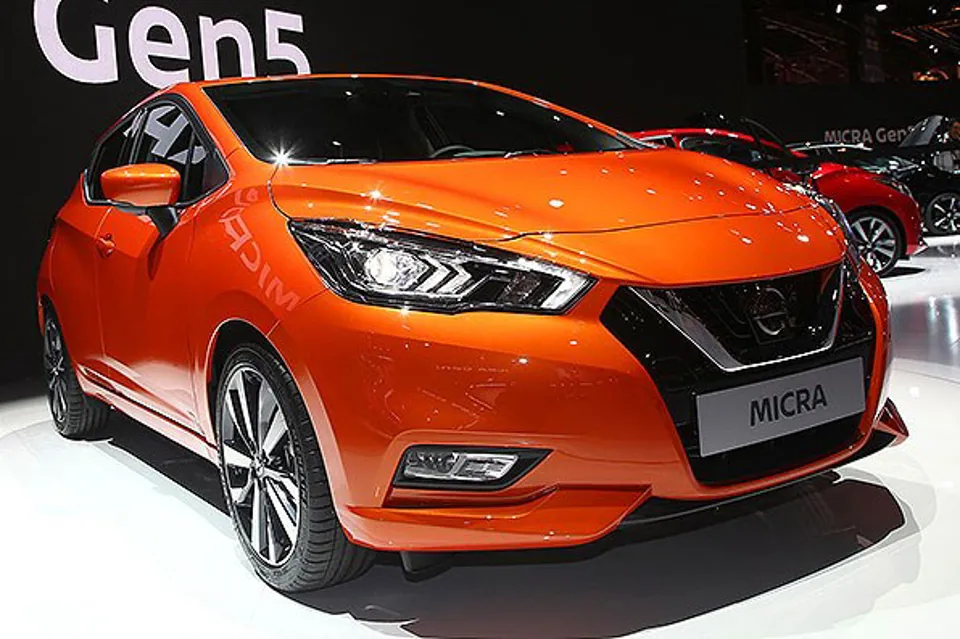Shared ownership could be a significant new way in which motorists use cars in the coming decades, according to the findings of research carried out by Nissan.
With one eye on how future societies will be more concentrated in cities – with the additional pressures on congestion, parking and emission levels that will come with such population shifts – Nissan’s Future Lab research team has been conducting an experiment based on shared ownership.
At the Nissan Futures event, held at the company’s Barcelona factory last week, the manufacturer revealed the results of an experiment which put 10 cars at disposal of multiple households in cities in the US, Singapore and China in order to understand how they would share the vehicles after giving up their own cars for a month.
Nissan said that one of the most revealing findings of the experiment was that none of the subjects used their own car for the duration of the project, all finding ways to make the sharing work for them.
The researchers admitted that they used social psychology techniques to group people together and make them work as a team, and that many of the subjects were aware of the wastefulness of the cost of ownership (one UK study has found that the average car owned by city dwellers was parked for 97% of its life), but that they were still pleasantly surprised by the success of the shared ownership experience.
The results of the project will inform Nissan’s planning for the coming decades, which will incorporate a range of new mobility options to meet the demands of car users over the coming decades.
Existing car sharing services, peer-to-peer car sharing and car hailing services (such as Uber) will be joined by peer-to-peer ride-sharing (which mixes ride-sharing and car hailing services), car cooperatives and fleetail (small-scale fleet sales based around dealerships), and shared ownership.
Nissan will start a shared ownership scheme with the new Micra, which will start in Paris in the New Year.
Get & Go Micra will see one-year leases shared between groups of two to five people, who will be matched using a range of criteria, including social media profiles.
This initiative is likely to be the first of many in the car industry over the next few years, as manufacturers respond to changes in how motorists – especially in urban areas – use their cars and we increasingly move to a more digitised, sharing-based economy.














Login to comment
Comments
No comments have been made yet.